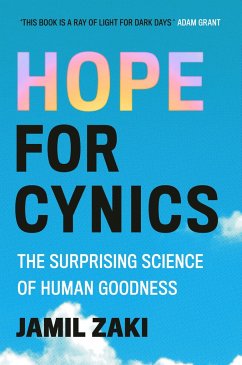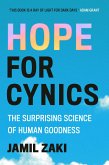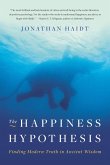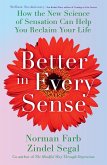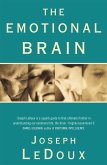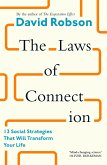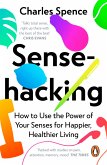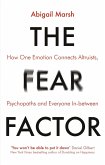'There has always been an emotional case for hope, but now there is a rational one ... beautiful, wise and important ¿ a sensible, scientific and much-needed tonic for what ails us' Daniel Gilbert, author of the New York Times bestseller Stumbling on Happiness For thousands of years, people have argued about whether humanity is selfish or generous, cruel or kind. But recently, our answers have changed. We no longer feel that people can be trusted, and different generations, genders, religions and political parties can't seem to agree on anything, except that they all think human virtue is evaporating. Cynicism is a perfectly understandable response to a world full of injustice and inequality. But cynical thinking worsens social problems, because our beliefs don't just interpret the world; they change it. When we expect people to be awful, we coax awfulness out of them. Cynicism is a disease, with a history, symptoms and a cure. Through science and storytelling, Jamil Zaki imparts the secret for beating back cynicism: hopeful scepticism. This approach doesn't mean putting our faith in every politician or influencer. It means thinking critically about people and our problems, while simultaneously acknowledging and encouraging our strengths. As more of us do this, we can take steps towards building the world we truly want. 'I can't imagine a more timely topic. Hope is a skill, and one of my favourite psychologists has written its playbook' Angela Duckworth, author of the New York Times bestseller Grit Dr Jamil Zaki is a professor of psychology at Stanford University and the director of the Stanford Social Neuroscience Lab.
Hinweis: Dieser Artikel kann nur an eine deutsche Lieferadresse ausgeliefert werden.
Hinweis: Dieser Artikel kann nur an eine deutsche Lieferadresse ausgeliefert werden.

